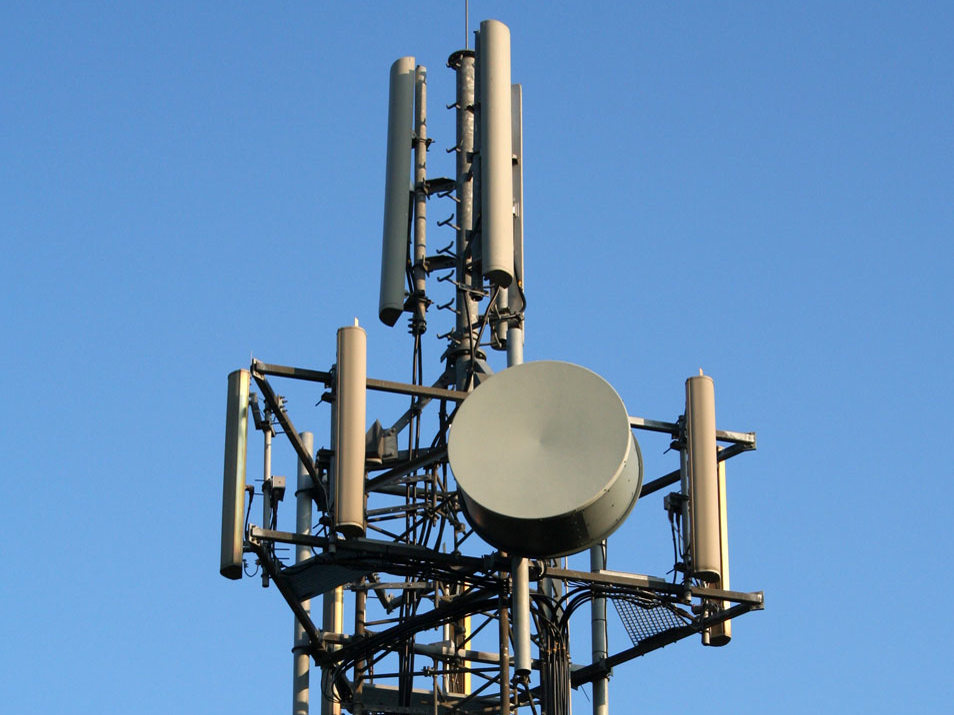Japanese telcos claim 3G phones are safe
Study funded by phone companies finds no evidence of risk

Over the past four or so years, the three largest mobile phone operators in Japan have been funding a study to find out if the signals emitted by their 3G base stations are dangerous to human health. After all the waiting the answer came in this week and it wasn't a great surprise to anyone.
According to the study run since late 2002 by Mitsubishi Chemical Safety Institute for Softbank , KDDI and NTT DoCoMo , the technology is completely safe, even if you live right next to one of their phone masts.
The study focused specifically on the effects of radio frequency (RF) energy associated with W-CDMA mobile phone signals, a 3G standard that is common in Japan and elsewhere. After announcing in 2005 that the tests showed no effects on cell growth and DNA, the researchers concluded in this final report that cell transformation and death are also unaffected.
The jury is still out
Although the report states, "the operators have concluded that they could not find adverse health effects from radio waves from mobile phone base stations", there are still enough conflicting test results from other parts of the world to prompt the World Health Organization ( WHO ) to continue its long-term investigations.
As the latest Japanese findings have been included in the WHO database as part of its International Electromagnetic Field Project, the only real conclusion that can be drawn so far is that no one can be sure mobile phones are 100 per cent safe.
Sign up for breaking news, reviews, opinion, top tech deals, and more.
J Mark Lytle was an International Editor for TechRadar, based out of Tokyo, who now works as a Script Editor, Consultant at NHK, the Japan Broadcasting Corporation. Writer, multi-platform journalist, all-round editorial and PR consultant with many years' experience as a professional writer, their bylines include CNN, Snap Media and IDG.